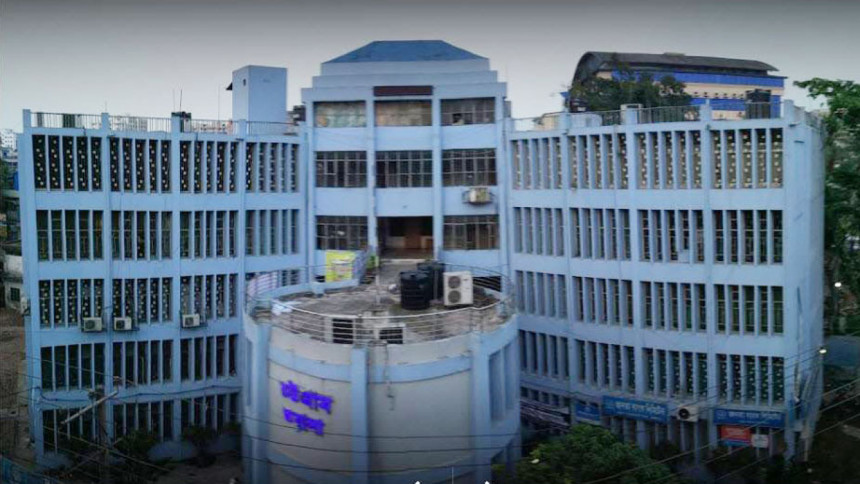No Austerity for Chattogram Wasa

We are surprised to learn about foreign trips made by officials of the Chattogram Water Supply and Sewerage Authority (Cwasa) in the last few months, despite strict government instructions to suspend any such tours for the time being. Currently, a number of high officials of the institution, including its managing director, are in the US, as part of a project called Bhandal Jhuri Water Supply Project.
Although Cwasa claims that the 14-day trip is for training and inspection of factories before making purchases under the project, the timing is suspicious as it comes after over 80 percent physical work of the project has already been done. The question is, what is the point of making this trip at this point? How urgent was it? This is just one example of unnecessary trips usually made by government officials wasting huge amounts of public money. Over the last few months, Cwasa officials alone made quite a few trips to different foreign countries including Turkey.
The government recently issued a circular suspending foreign trips of officials of all government, statutory, state-owned, autonomous and semi-autonomous organisations as well as state-run companies and financial institutions. So, how could the Cwasa officials ignore this directive? One engineer who returned from a trip recently has said that they did not go abroad on government funds, and that the cost was borne by the project contractor. Even if this is the case, it still violates the government directive. Also, no contractor would arrange such costly trips out of the kindness of their heart. The money, in one way or another, will be taken from the pockets of the public.
At a time when the government has been urging all its institutions and even citizens to maintain austerity – and giving specific directives to local administrations across the country to reduce their budget spending – such wastage of money by Cwasa is unacceptable.
The fact that such trips were made despite a clear directive also raises the question: What mechanism is there, if at all, to check whether the directive is being followed by all public offices? Clearly, only giving instructions to maintain austerity is not enough. There needs to be a proper policy and system in place to ensure compliance and success. We have various parliamentary committees to oversee the work of various ministries. The austerity drive also needs to be centrally monitored by a high-powered committee, guided by a legal framework, to ensure that everyone is on the same page. Only then can we expect to get some positive results.



 For all latest news, follow The Daily Star's Google News channel.
For all latest news, follow The Daily Star's Google News channel. 
Comments